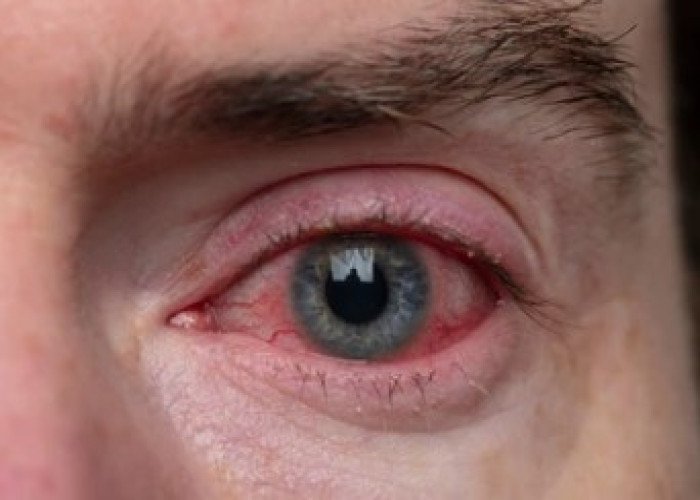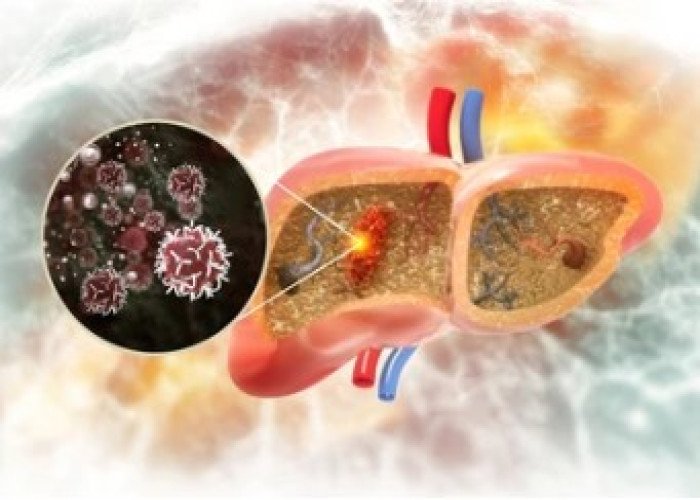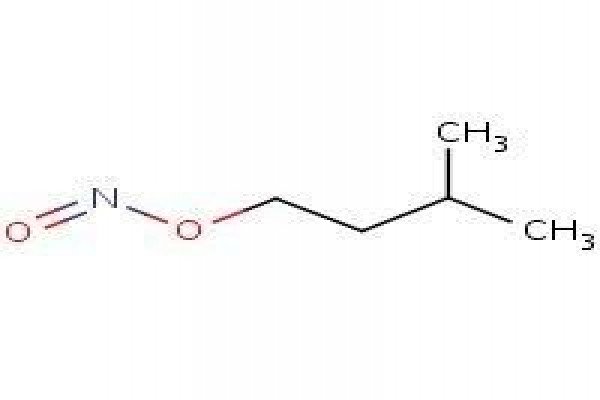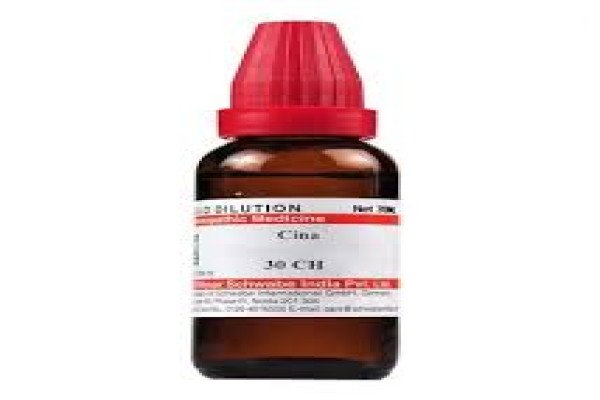 Welcome
Welcome
“May all be happy, may all be healed, may all be at peace and may no one ever suffer."
Hiccups - Homeopathic remedies
Hiccups are involuntary contractions of the diaphragm muscle, which separates the chest cavity from the abdominal cavity. When the diaphragm contracts, the air rushes into the lungs, and the glottis (the opening between the vocal cords) closes, producing the characteristic "hic" sound. Hiccups are usually harmless and go away on their own after a few minutes. However, in some cases, they can persist for longer periods and be a sign of an underlying medical condition.
There are several common triggers of hiccups, including eating too quickly or too much, drinking carbonated beverages, consuming alcohol or spicy foods, sudden changes in temperature, emotional stress, excitement, or anxiety, and swallowing air while chewing gum or smoking. In some cases, hiccups can be a side effect of medication or a symptom of an underlying medical condition, such as gastroesophageal reflux disease (GERD), pneumonia, kidney failure, or brain tumors.
Most cases of hiccups do not require medical treatment and go away on their own. However, if hiccups persist for longer than 48 hours or are accompanied by other symptoms, such as chest pain, difficulty breathing, or vomiting, it is important to seek medical attention. There are several home remedies that can be tried to stop hiccups, such as holding your breath, drinking a glass of water quickly, breathing into a paper bag, or gargling with ice water.
In some cases, medical treatment may be necessary to stop persistent hiccups. The treatment options depend on the underlying cause of hiccups and may include medications, such as chlorpromazine or metoclopramide, or procedures, such as diaphragmatic pacing or phrenic nerve block.
Overall, hiccups are usually harmless and go away on their own, but if they persist for longer than 48 hours or are accompanied by other symptoms, it is important to seek medical attention.

Uterine displacement

Regret

Faint

Rash

Eye injury

Vitiligo

Hot sensitive

Liver cancer
Hiccups, হেঁচকি
To be happy, beautiful, healthy, wealthy, hale and long-lived stay with DM3S.






